Let's say you want to parse the input:
:3*4*:5*6
The parser generated by your grammar could match this input into the following parse trees:

and:

(I omitted the colons to keep the trees more clear)
Note that what you see is just a warning. By specifically instructing ANTLR that (('*' | '/') atom)* needs to be matched greedily, like this:
factor
: atom (options{greedy=true;}: ('*'^ | '/'^) atom)*
;
the parser "knows" which alternative to take, and no warning is emitted.
EDIT
I tested the grammar with ANTLR 3.3 as follows:
grammar T;
options {
output=AST;
}
parse
: expr EOF!
;
expr
: factor
;
factor
: atom (options{greedy=true;}: ('*'^ | '/'^) atom)*
;
atom
: INT
| ':'^ expr
;
INT : ('0'..'9')+;
And then from the command line:
java -cp antlr-3.3.jar org.antlr.Tool T.g
which does not produce any warning (or error).


